Category: Newsroom
Categories
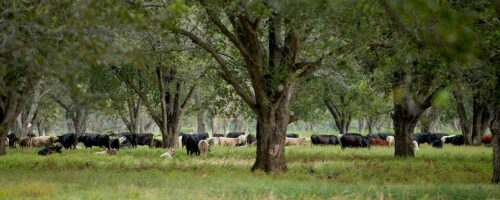
Noble Research Institute Announces Noble Orchard Essentials, Focused on Regenerative Management for Orchards and Vineyards
Estimated reading time: 3 minutes
Hands-on course teaches producers practical techniques to improve soil vitality, optimize profits and red...
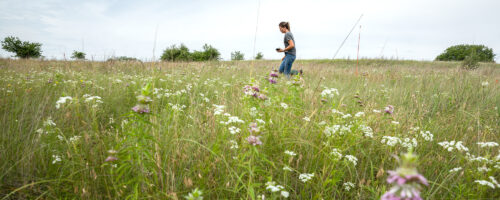
Noble Research Institute Recognizes G Bar C Ranch with Inaugural Noble Land Stewardship Award
Estimated reading time: 4 minutes
Texas ranch recognized for regenerative practices and biodiversity conservation at 80th anniversary celeb...
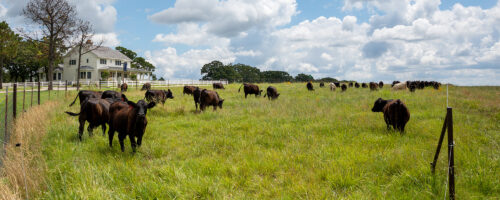
From Dust Bowl to Restoration: Noble Research Institute Launches Event Honoring Legacy of Land Stewardship
Estimated reading time: 3 minutes
Gathering debuts Noble Land Stewardship Award and connects conservation leaders and partners committed to...
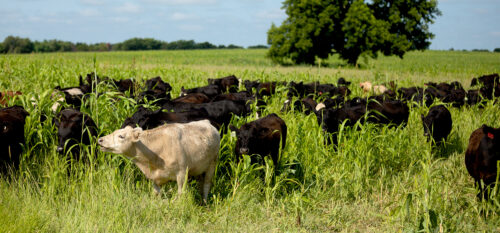
Noble Research Institute Introduces Latest Course, MarketSMART Ranching, Focused on Market-Driven Decision Making for Farmers and Ranchers
Estimated reading time: 3 minutes
New 2-day program helps remove speculation from profitable decision-making through hands-on market analys...
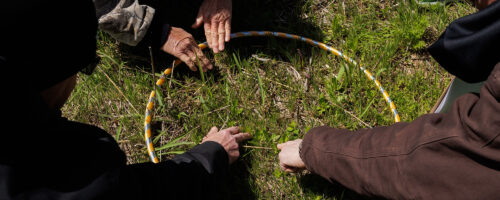
Noble Research Institute Expands Regenerative Land and Business Management Courses to Florida, North Dakota and Oregon in 2025
Estimated reading time: 2 minutes
Noble continues nationwide expansion with new course locations following earlier entry into California an...
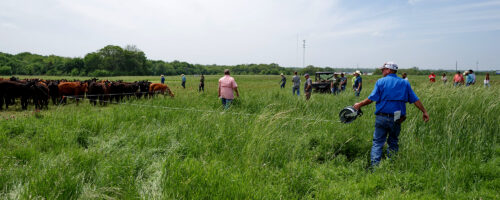
Noble Research Institute Partners with Kansas State University and Hy-Plains Feedyard to Preserve Tallgrass Prairie Through Region-Specific Rancher Education
Estimated reading time: 3 minutes
Noble Grazing: Flint Hills Series offers ranchers a path to sustainable and profitable land management pr...
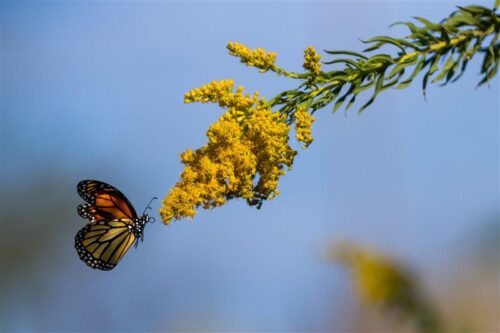
Noble Research Institute Moves Forward with Ardmore Campus Renovations
Estimated reading time: 3 minutes
Multi-phase project will result in $40 million of improvement to the organization’s main campus.
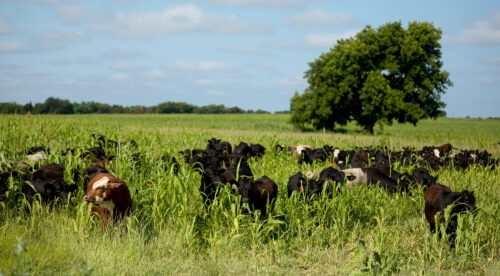
Noble Research Institute Expands Educational Footprint with First California Class Scheduled for February 2025
Estimated reading time: 2 minutes
Along with locations in Texas, Oklahoma and Missouri this quarter, the organization will bring its Noble...
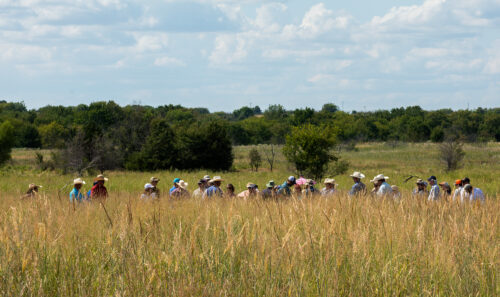
Land & Legacy Scholarship Offers Farmers and Ranchers Support in Gaining Regenerative Land and Business Management Education
Estimated reading time: 4 minutes
The scholarship, sponsored by Powerflex Supply and administered by the National Grazing Lands Coalition,...
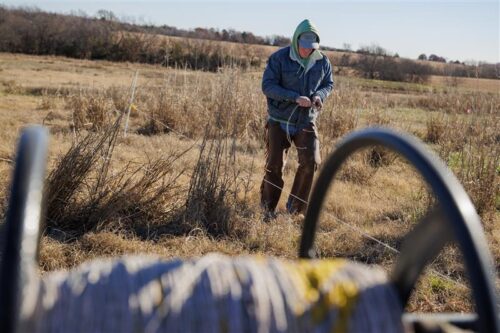
Noble Research Institute Expands Educational Offerings with Release of New Noble Land Essentials Online Course
Estimated reading time: 3 minutes
Producers can now participate from any location in a fully online, self-paced format of the popular Noble...
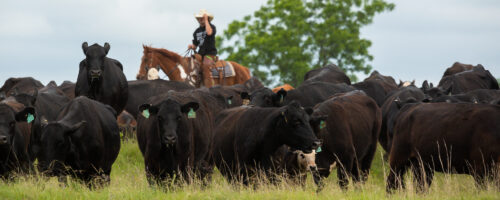
Noble Research Institute and Certified Angus Beef Release Land Stewardship, Aimed at Promoting Healthy Lands and Better Beef
Estimated reading time: 3 minutes
Producers gain guidance in improving land and forage productivity through grazing management practices du...
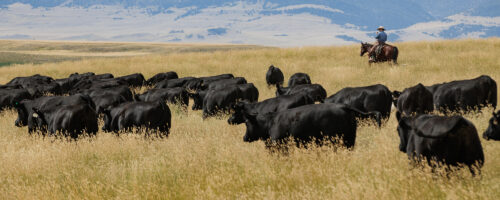
Noble Research Institute and Certified Angus Beef Launch Partnership Centered on Promoting Land Management for Livestock Producers
Estimated reading time: 3 minutes
The partnership’s free online certificate program is set to release in mid-Q4 of 2024
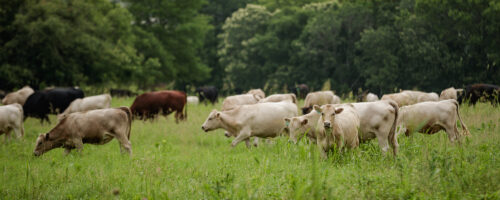
Noble Research Institute Announces New Educational Partnership Promoting Grazing Land Conservation to Oklahoma Farmers and Ranchers
Estimated reading time: 2 minutes
The partnership with the Oklahoma Conservation Commission and Mayes County Conservation District will pro...
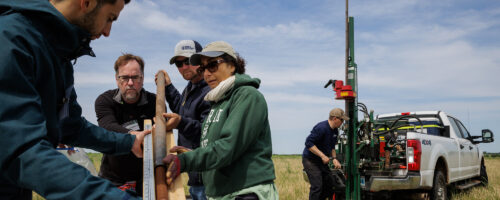
Noble Research Institute Releases Updates on Year Two of 3M Research Project
Estimated reading time: 8 minutes
The Metrics, Management and Monitoring (3M) team reports progress and early insights into the five-year s...

Noble Research Institute Develops New Course for Increasing Operation Profitability for U.S. Agricultural Producers
Estimated reading time: 2 minutes
The inaugural Noble Profitability Essentials class will be held on Sept. 24-25, 2024, in Stillwater, Okla...
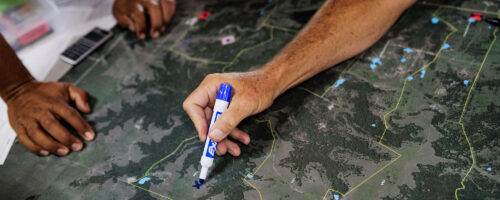
Noble Research Institute Focuses on Grazing and Business with Latest Ranch Management Course
Estimated reading time: 3 minutes
Business of Grazing will launch later this month with 2024 course offerings in Oklahoma, Nebraska and Tex...